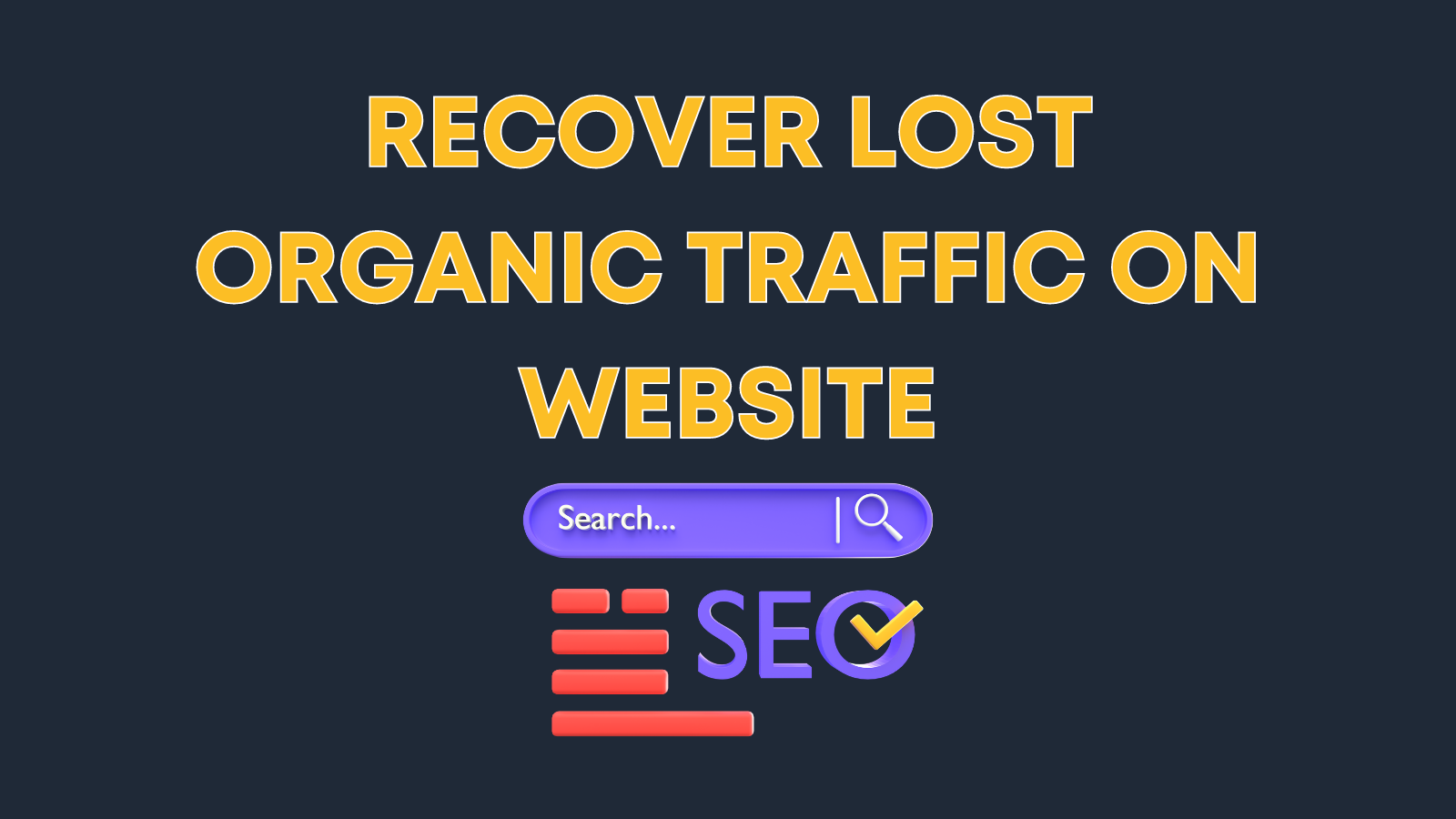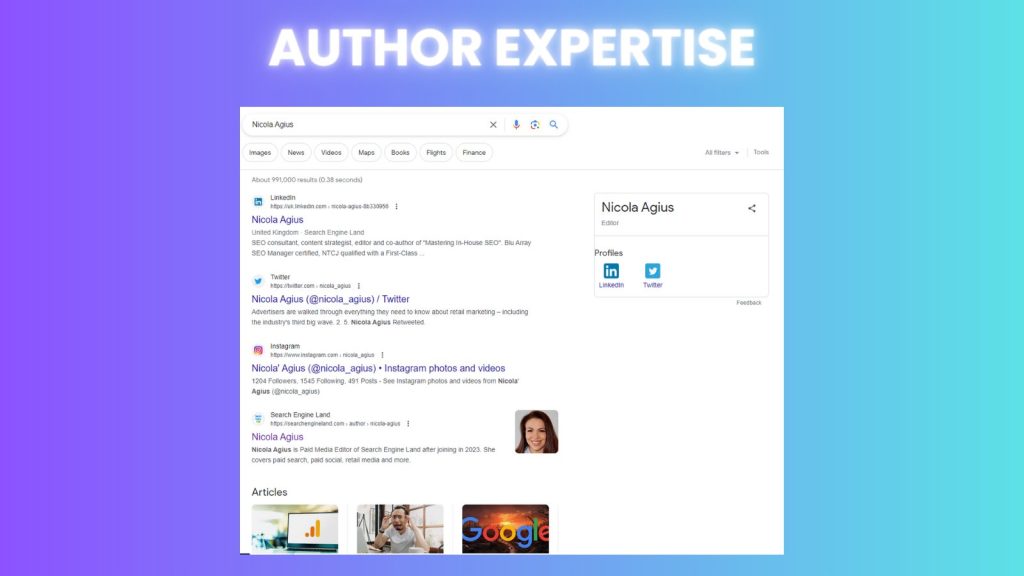
How To Recover From A Google Organic Traffic Drop
If you have suffered from a sudden drop in organic traffic you need to take some measures to recover your website.
If you have seen a great decline in traffic, you have come to the right place.
In our Tips For Recovering From A Google Organic Traffic Drop guide, we will explain the main services you need to order to recover your website health.
Contents
Why Has My Site Dropped Suddenly in Rankings?
Many websites during algorithm updates see huge drops in rankings and traffic.
The main reasons for websites seeing large drops in traffic are:
- Raterhub Has Visited The Site
- Manual Action Link Penalty
- Too many thin content pages
The first three steps you need to carry out to research the reasons for your website’s dropping in rankings are:
- Experience, Expertise, Authoritativeness, and Trustworthiness Audit
- Full Comprehensive Content Pruning Audit
- Backlink Profile Audit
EEAT Audit
Purchasing an EEAT Audit will give you all the areas you are lacking that Google likes to see on healthy websites.
Improving your website trust has yielded websites to recover from Raterhub penalties.
We are partnered with a brilliant, dedicated EEAT brand called EEAT SEO. EEAT SEO will walk you through each step of building the perfect EEAT profile and their audit will give you a clear view of what you are currently lacking from a trust point of view.
Content Doctor
Purchasing a content pruning service from Content Doctor will provide you will all the dead weight and low-performing pages that are harming your website rankings.
Content Doctor will carry out the following audits:
- Technical SEO Audit
- Internal Linking Audit
- Comprehensive SEO Content Audit
- Content Quality Audit Service
Content Doctor’s services are driven towards improving or deleting existing web pages on your website.
Backlink Doctor
Purchasing a disavow service from Backlink Doctor will remove all toxic and problematic links in your backlink profile.
Disconnecting your website from the harmful links has yielded websites to recover from manual action penalties by Google.
Backlink Doctor focuses solely on backlink disavows. A disavow will analyse your existing link profile, showing how toxic it is, and create a new disavow file to prevent any spammy or high-risk domains from linking to you and potentially negatively affecting your link profile.
What Else Could Be Wrong With My Website?
There are many different possibilities as to why your website has lost traffic. Below we have listed a few of the most common reasons to help you find a fix;
Check For Any Manual Penalties
Determine if your website has received any manual penalties from search engines. Assess your search console or webmaster tools for any notifications or penalties imposed by search engine teams.
This will help identify if manual actions are contributing to the decline in organic traffic and guide you in taking appropriate steps for recovery.
Investigate the Potential Impact of Google Algorithm Updates
Stay informed about recent Google algorithm updates and evaluate their potential impact on your website’s organic traffic.
Monitor fluctuations in rankings and organic traffic during the time of algorithm updates to identify if any particular update has affected your website’s performance.
This analysis will help you understand if you need to make adjustments to your SEO strategy to recover from the traffic drop.
Check For Malware Hacks
Perform a thorough security check and scan your website for any signs of malware infections or hacking attempts.
Malware can negatively impact your website’s visibility in search results and lead to a decline in organic traffic.
Ensure that your website’s security measures are up to date and address any vulnerabilities or issues to restore your website’s trustworthiness.
Check For Broken Or Lost Links
Review your website for broken or lost links that might be hindering user experience and search engine crawling.
Broken links can negatively affect organic traffic and user engagement.
Use tools to identify and fix broken links promptly, ensuring that visitors and search engine crawlers can navigate your website smoothly.
Review Content Quality
Evaluate the quality and relevance of your website’s content. Assess if the content is comprehensive, up to date, and provides value to your target audience.
Poor-quality or outdated content can lead to a decline in organic traffic. Update, improve, or remove underperforming content to enhance its relevance and user experience.
Complete A Site Audit
Perform a comprehensive site audit to identify technical issues, usability concerns, and SEO-related factors that might contribute to the traffic drop.
Evaluate factors like page load speed, mobile-friendliness, URL structure, metadata, and other SEO elements.
We are familiar with many amazing audit brands. Whether you are looking to audit your existing pages, existing backlinks or something else, we know the best providers from all over.
Website Hosting
Website hosting is super important. When was the last time Wikipedia or Quora was down?
Many blog owners don’t factor this in if you have slow web hosting or even, in some cases, your web hosting frequently goes down. This is a waste of the crawl budget for Google if they are crawling and trying to index more web pages of your site.
The last thing you want is for Google to visit your website and hit a 500 error because you have cheaped out on web hosting. It is super important that you have a speedy web host with close to 0 downtime.
Author Transparency
- Are your authors transparent?
- Do your authors have a background in the industry in the niche?
- Is your author a trustworthy individual in the space?
I have news for you if you answerednoto any of those questions. Google doesn’t trust your website.
Google quality raters check for author transparency, and if you have just grabbed a made-up image from this person that doesn’t exist, then Google knows you’re trying to game the algorithm.
Here’s an example of a good & trustworthy author:

As you can see, Nicola Agius has a very clear indicator that she knows a thing or two about SEO & Google.
So, from a Google Quality Rater point of view, if they were to see her name on your SEO blog if they Googled her name to check her out they could very quickly see OK she is an SEO she has been publishing about SEO for a while…
We trust her.
Article Pruning
Previously SEOs would plaster their website, talking about 200 reviews of TV’s, and from a topical authority point of view, Google would look at the number of articles on the subject and the more articles you used to have on one subject meant you have broke past authority wall.
However, Google has slightly tweaked the algorithm, and now it depends on how many ranking articles get. Both clicks and impressions are a massive factor.
So those 100 articles, if only 3 of them get clicks and impressions, the 97 pages weigh your website down, so you could remove those pages.
Content Refining
Content refining is super important for any website. Most SEOs only upload articles; in some cases, they never go back to re-optimise the pages.
After algorithm updates, intents can change, and you might need to add more words to the page or, in some cases, remove words from the page.
You must continue to refine your content as your website grows. Also, certain facts are true today in some cases, but they might be false tomorrow, so making sure your website is factually correct can help.
Conclusion
Recovering from a Google organic traffic drop requires a systematic approach and thorough analysis.
By checking for manual penalties, investigating algorithm updates, addressing malware or hacks, fixing broken links, reviewing content quality, and conducting a comprehensive site audit, you can identify and resolve the root causes of the traffic drop.
Implementing the necessary improvements, optimizing your website’s performance, and staying up to date with SEO best practices will help restore and enhance your organic traffic over time.
Remember, patience and persistence are key as recovery may take time, but with a strategic recovery plan in place, you can regain and even surpass your previous organic traffic levels.

About FatRank
Our aim to explain and educate from a basic level to an advanced on SEO and Social Media Marketing.
- 3Local Lead Generation Tool for Multi-Location SEO Landing Pages
- Reasons to Decline Lead Generation Requests
- Triggering Google Suggests
- Online Reputation Management Quotes That Highlight Why Your Brand Perception Matters
- Trust-Based Revenue Share Lead Generation Model
- Online Reputation Management Agencies
- Best Online Reputation Management Consultants

